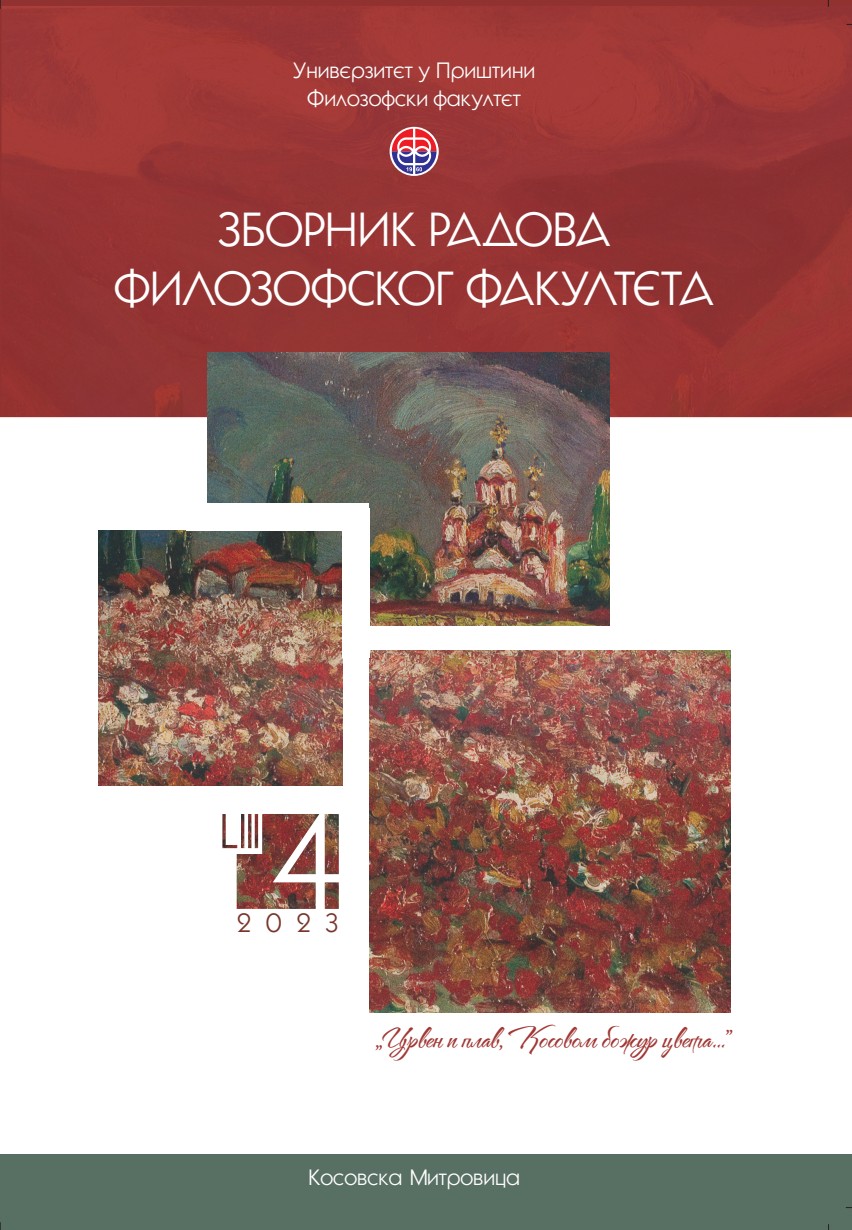Језик дискусионих форума на релацијама студент–студент и студент–садржај
The Language of Discussion Forums with Student–Student and Student–Content Relations
Author(s): Vesna V. Bulatović, Vesna Ž. Bogdanović, Dragana M. GakSubject(s): Foreign languages learning
Published by: Филозофски факултет, Универзитет у Приштини
Keywords: discussion forums; student–student relationship; student–content relationship; use of personal forms; nominalization; complexity of sentence structure.
Summary/Abstract: Discussion forums, as a form of asynchronous communication, represent an auxiliary tool in teaching that helps students to be involved in a discussion on a given topic, regardless their obligations, level of knowledge of a foreign language, or inhibitions when expressing themselves in a foreign language. The aim of the paper is to analyze two relationships in asynchronous communication: student–student (interpersonal register) and student–content (subject register), as well as the linguistic characteristics of discussion forums (media register). The paper will analyze the frequency of personal forms (first and second person singular and plural), shorter forms of auxiliary verbs and negation, passive, nominalization, as well as the sentence structure complexity in discussion forums created during the course in English for Professional Purposes, in the field of computing, at the Faculty of Technical Sciences in Novi Sad. Additionally, the analysis will be supplemented by the analysis of emoticons and abbreviations, since they form an indispensable part of the Internet language. All analyzed elements were present in two analyzed corpora, although with significant differences in frequency. In the corpus related to the student–student relationship, a greater use of personal forms, a greater degree of interactivity in the text, a large representation of shorter forms of auxiliary verbs and negation, a simpler sentence structure, as well as a greater use of abbreviations and emoticons were observed. It can be concluded that the analyzed corpus in the student–student relationship is more similar to oral discourse — it has the characteristics of everyday speech. In the student–content corpus, on the other hand, the sentences are longer and more complex with a large number of nominalizations and a smaller number of personal forms, while the use of the passive voice is very frequent, which indicates a focus on the text, but also distancing from the text and the object of communication. These features make the analyzed corpus in the student–content relationship more similar to a written discourse, i.e., a more scientific text. Finally, the paper concludes that the language of discussion forums depends on the very context in which communication takes place.
Journal: Зборник радова Филозофског факултета у Приштини
- Issue Year: 53/2023
- Issue No: 4
- Page Range: 73-89
- Page Count: 17
- Language: Serbian

